DCSA Publishes Complete Framework of Just-in-Time Standards for Main Port Call Activities
Shipping and Freight Resource
NOVEMBER 17, 2021
Latest release of DCSA’s Just-in-Time Port Call Programme provides interface standards and API definitions for all 50 port call event timestamps. The interface standards allow carriers, ports, terminals and other service providers involved in a port call to exchange event data in a uniform way, enabling automated data exchange.







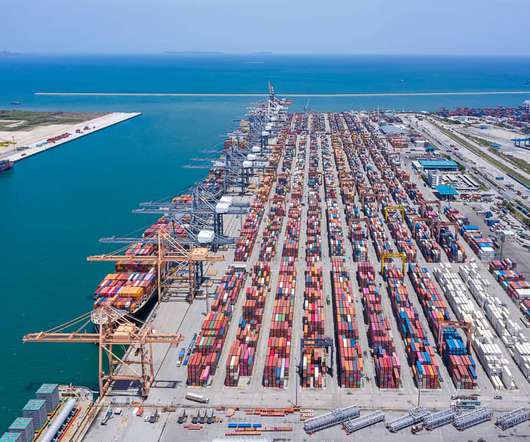



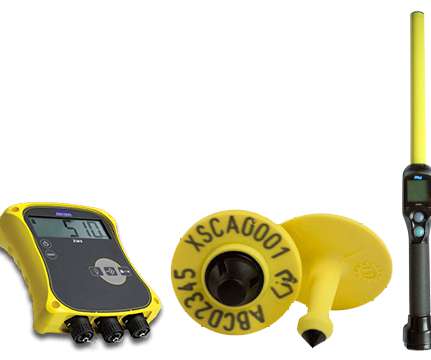
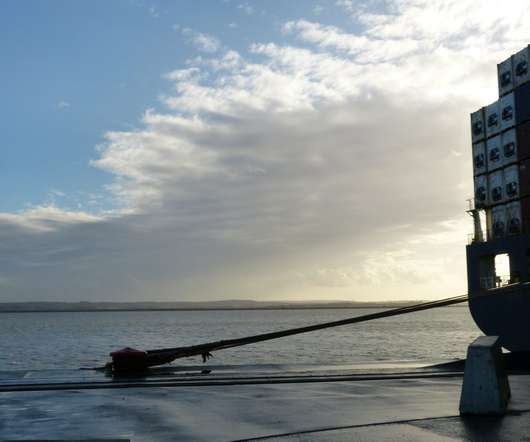
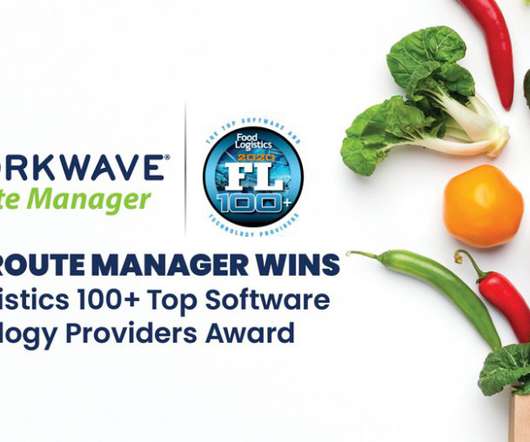


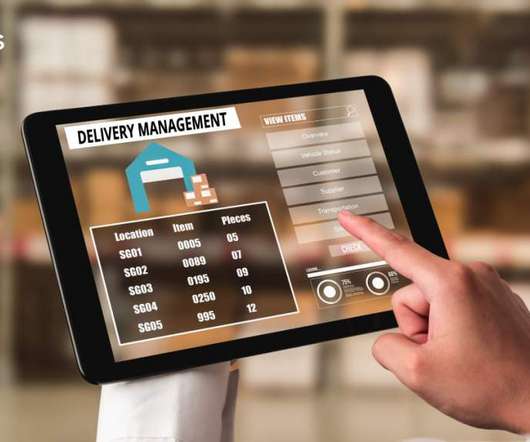

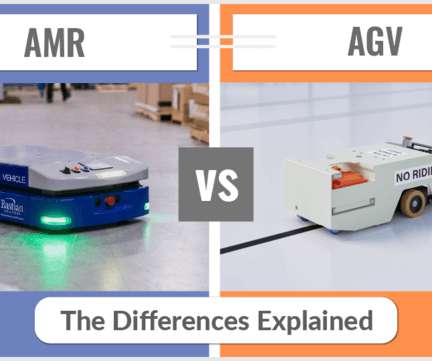













Let's personalize your content